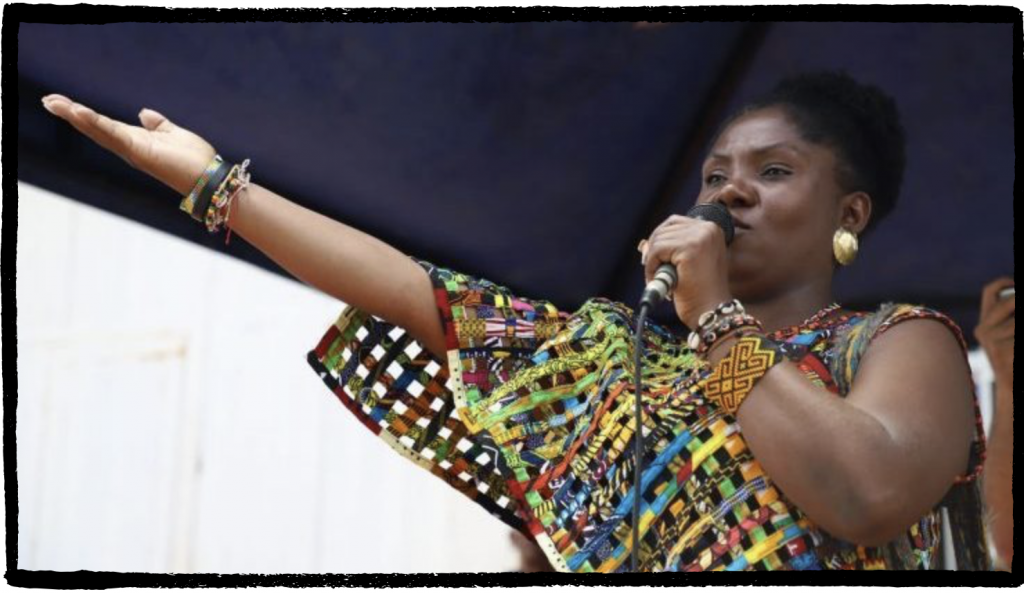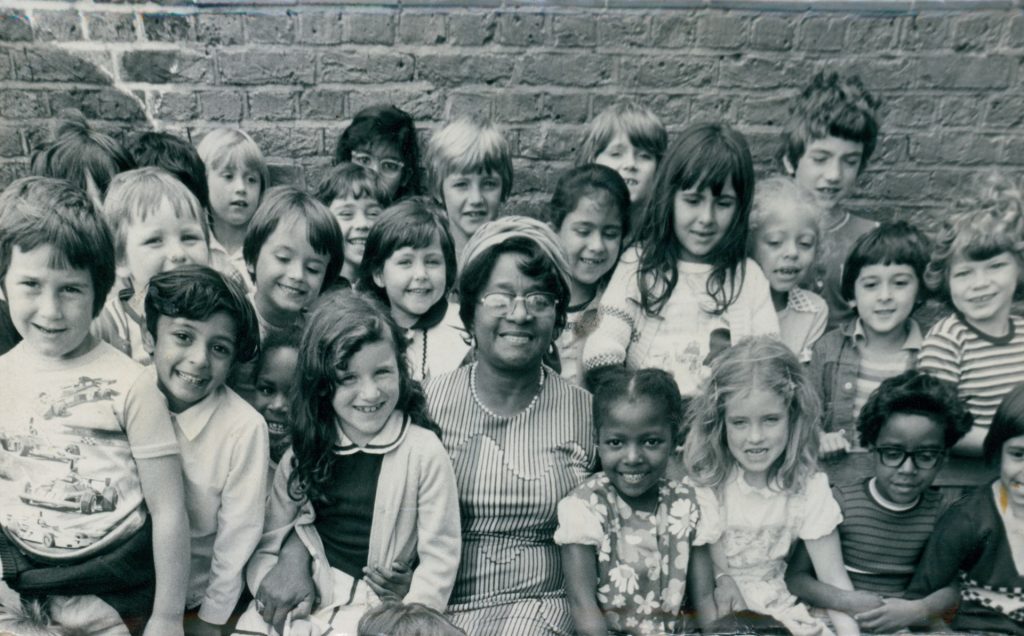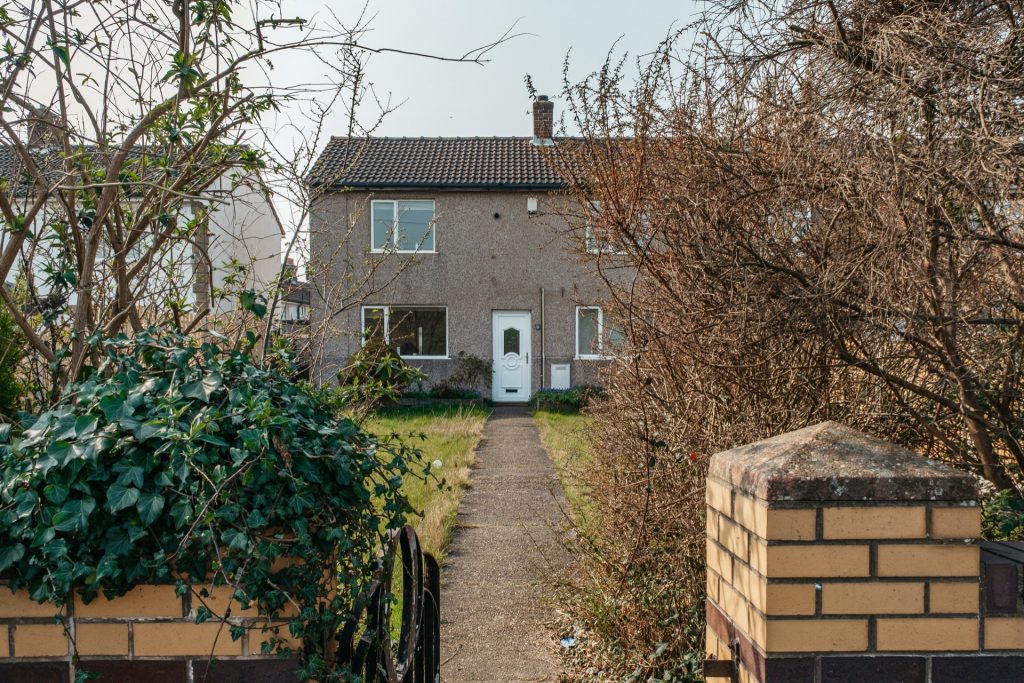Palestinian Childhoods: Solidarity & Ṣumūd at UCL East
By IOE Blog Editor, on 25 September 2025

Image from Palestinian Childhoods: Solidarity and Sumud exhibition poster. Credit: Photograph: Ahmed Al Daalsa. Balloons: Laura. Concept: Aya Battiri and Mahmoud Hussein.
16 September 2025
By Feryal Awan and Rachel Rosen
From 1–14 September 2025, UCL East’s Marshgate Building hosted Palestinian Childhoods: Solidarity & Ṣumūd, a landmark exhibition that wove together photographs, letters, sound and objects accompanied by a series of events. It created a space of solidarity for Palestine within the university – urgently needed at a time when silence too often dominates institutional life, as Feryal is finding in her current research about the experiences of primary school teachers and students in London as they speak out for Palestine. (more…)
 Close
Close











